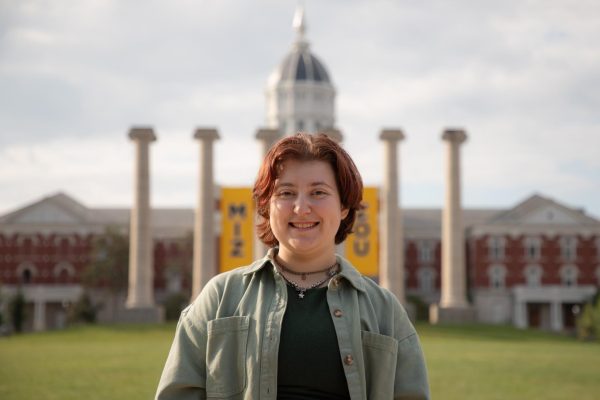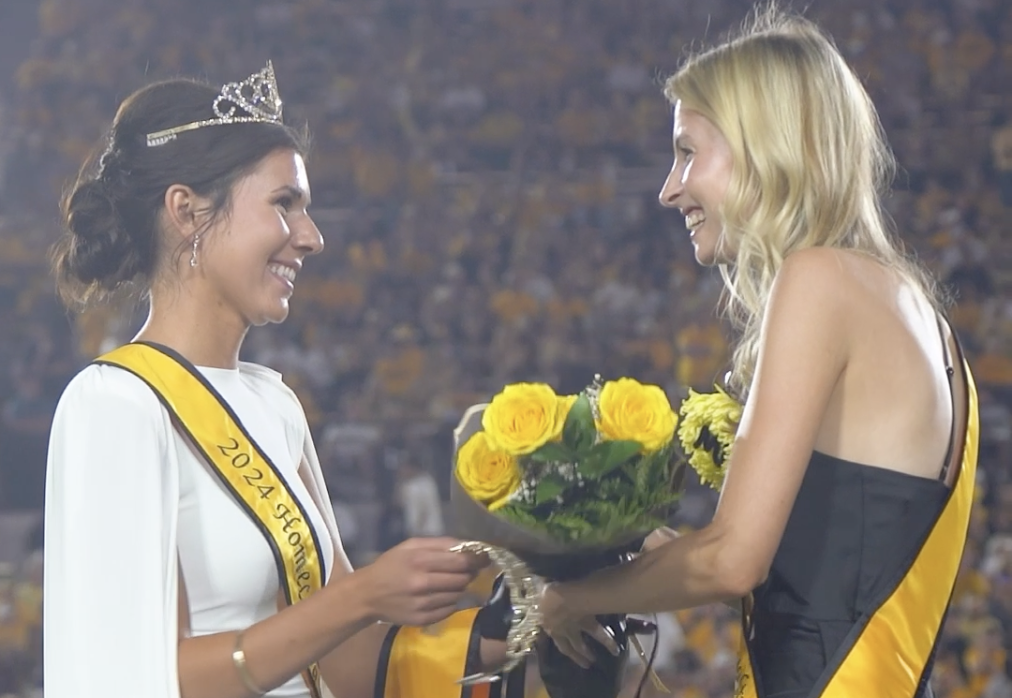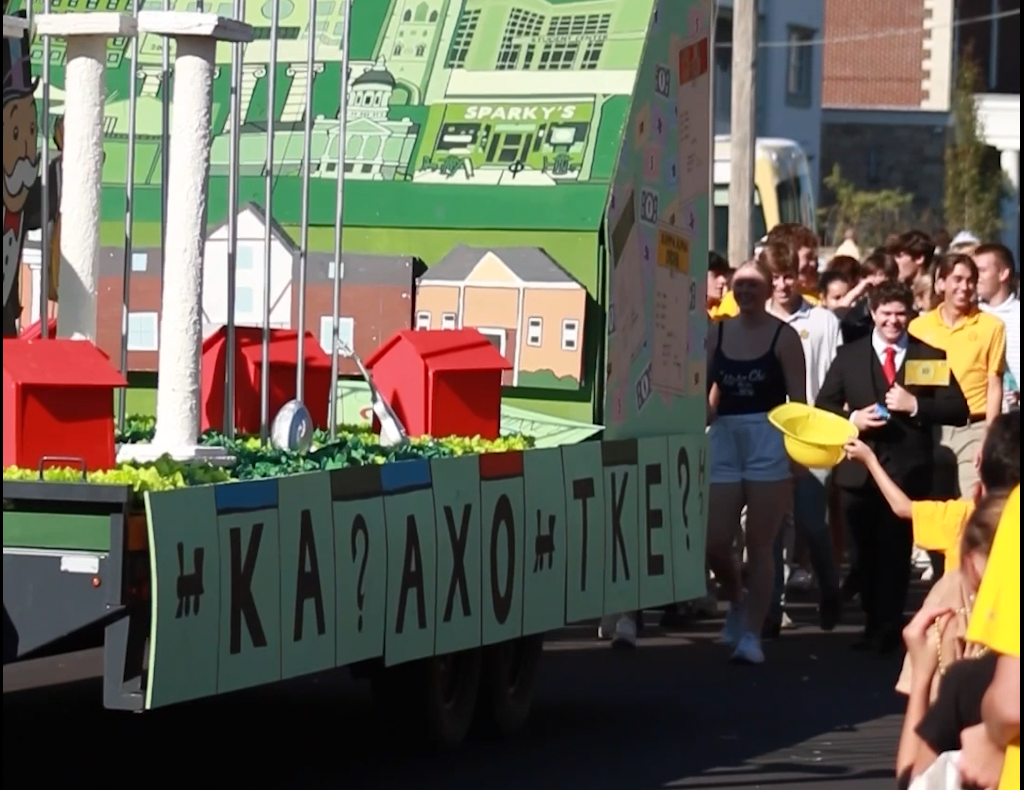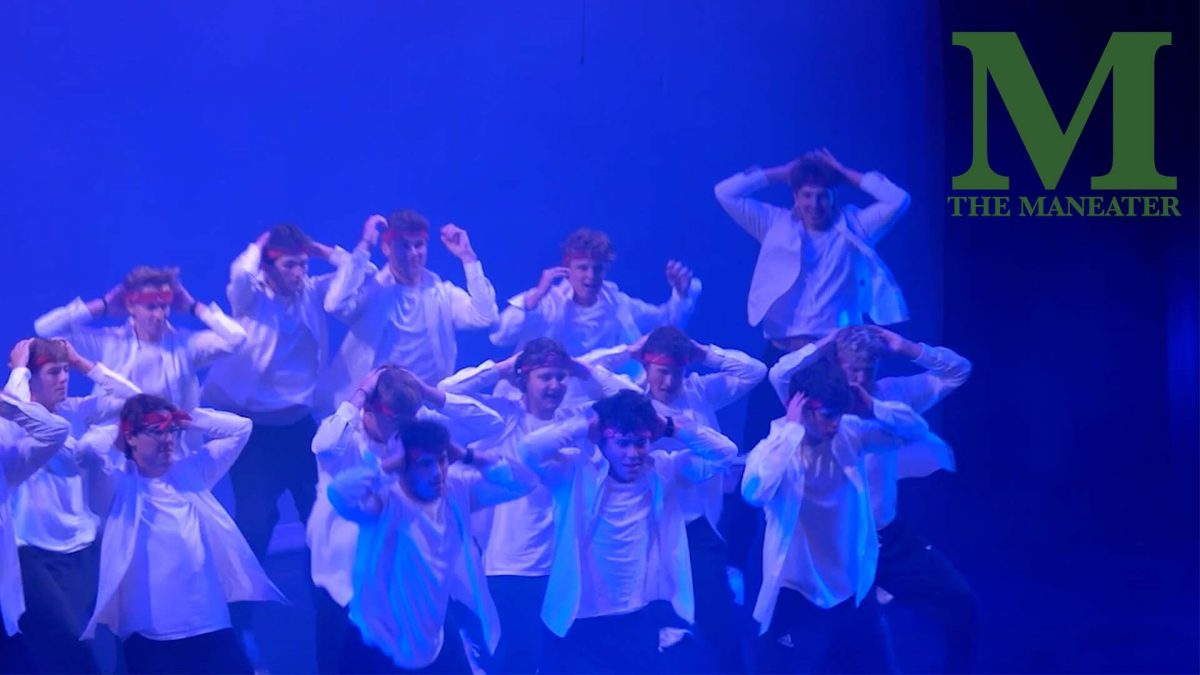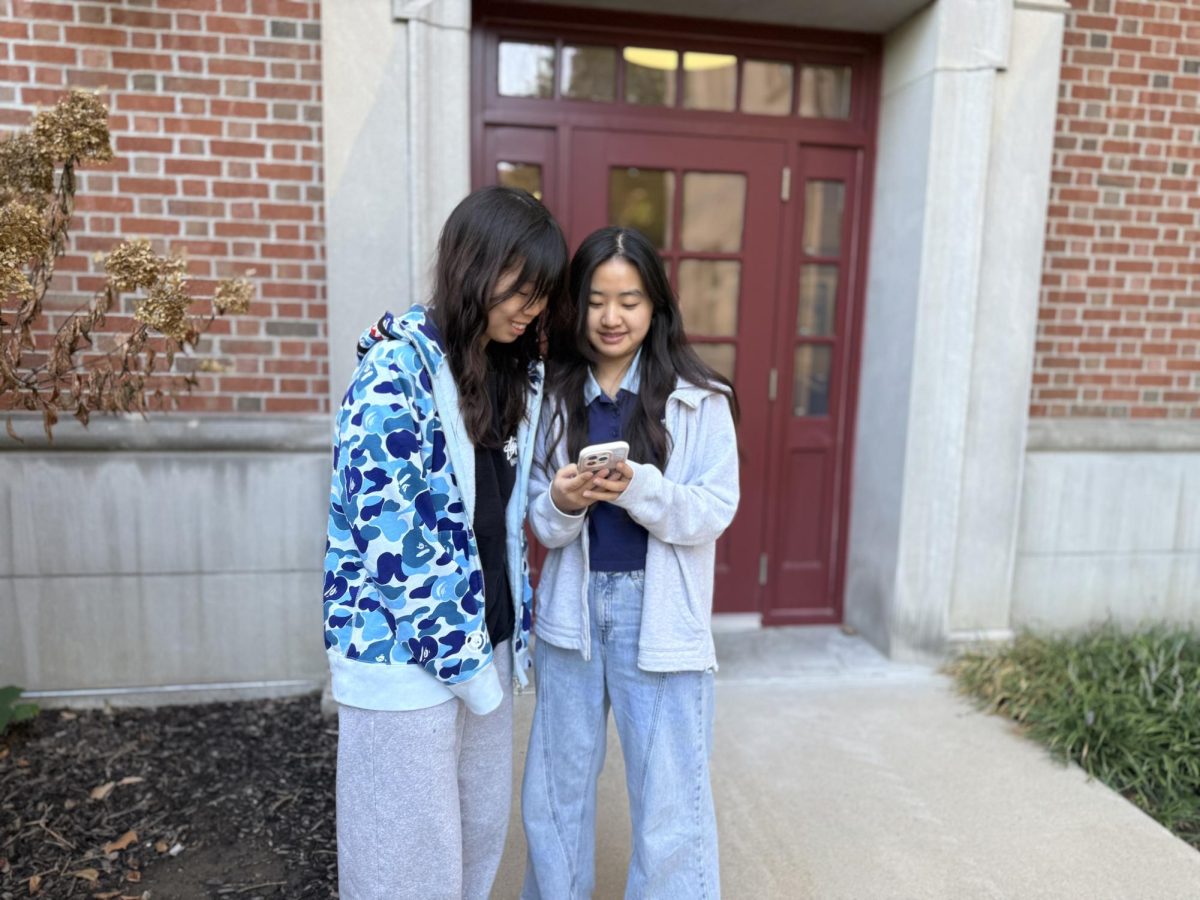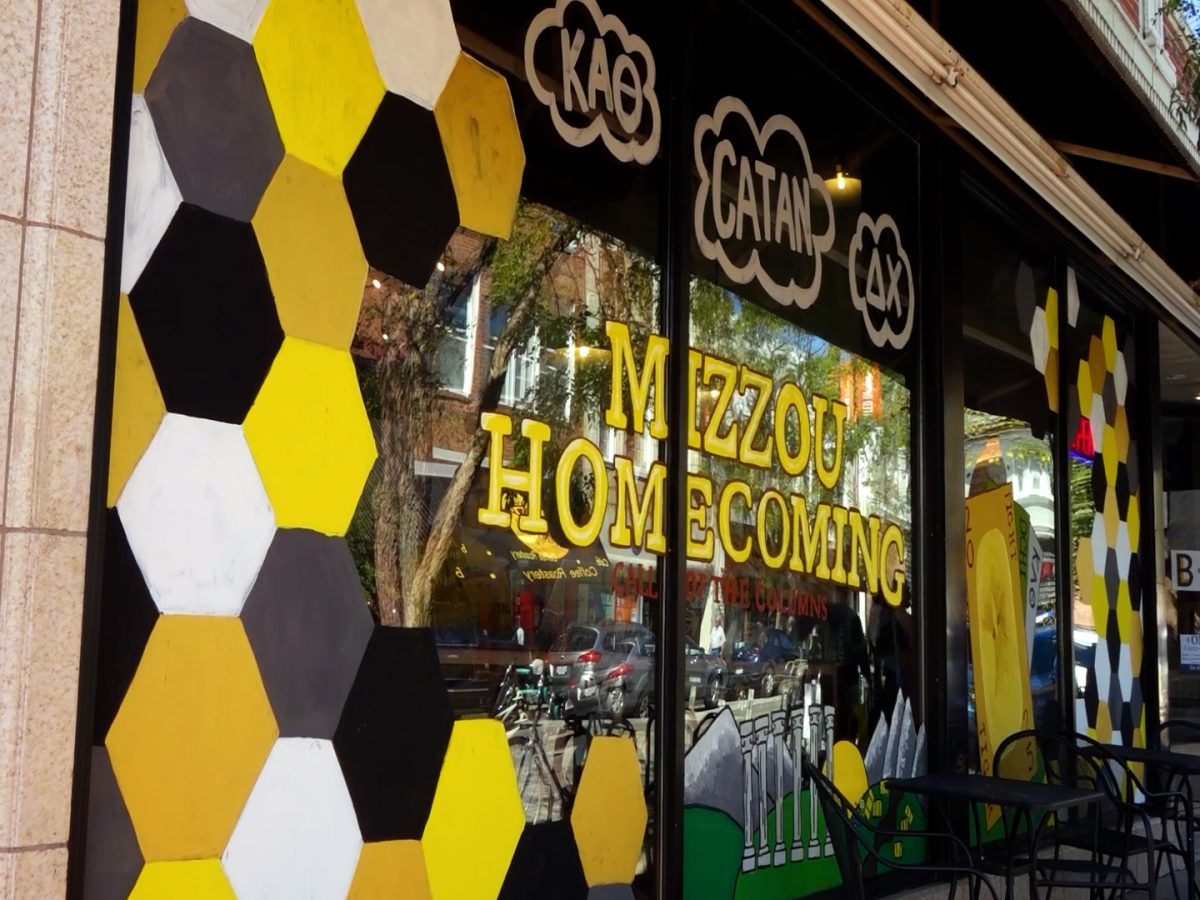The University of Missouri’s pride in Homecoming means preparation starts as early as April for one of the “largest, longest and best” celebrations of student achievement and expression. With three rulebooks and a Homecoming Parade Policy, Mizzou takes Homecoming seriously. However, recent policy updates regarding participant involvement limit student expression on topics to those “identified by the University.”
The full statement is as follows: “The theme and associated topics, invited participants, student and community organizations participants, and paid sponsors are subject to approval by the Chancellor to ensure they are consistent with parade and other University policies and with the purposes of the Homecoming Parade.”
This can be interpreted in two ways: to reinforce the requirement that events and themes must be Homecoming-related, or to restrict organizations or participant expression subjectively deemed unfit by the university. The latter supports censorship of the student body.
Not only is censorship an issue because it suppresses student voices, it’s an issue because the language used to describe the parade application process is muddled and confusing, which allows for censorship of the student body and other parade applicants. Comprehension of the Homecoming Parade Policy allows applicants to retain a sense of autonomy throughout the process because it gives them the opportunity to defend themselves during the decision and appeal process. The policy wording is disarming to the student body.
The policy language is confusing because there is no clear communication on who oversees the approval process for the parade. The wording in Section IV conveys that the Office of Alumni Engagement initially approves or denies parade applicants, but Section VI makes it sound as though UM System President Mun Choi oversees the initial approval or denial in addition to the process appeals. This can lead to questions about whether the OAE has the first decision, Choi has the first decision or it is a collaborative effort between Choi and the OAE.
If the wording of the policy does not sound absolute, it can make it difficult for student organizations and other parade applicants to understand how the process functions. This confusion is especially true if they are originally denied and wish to submit an appeal. Unclear language and wording create space for the university to censor organizations that apply to participate in the parade.
If applicants don’t understand who is involved in which stage of the application and who has what role, potential censorship of organizations can be more difficult to detect. This leaves applicants powerless and confused throughout the decision process to approve or deny participation, which allows authority figures to abuse their jurisdiction over participants.
I will give credit to the policy for stating clear ground rules in Section I for what is and isn’t acceptable for student organizations. These margins are reasonable and it is important to provide them to help avoid and mitigate complications that may arise. Where I find complications is in Section VI, which implies participant or organization involvement can be revoked if not aligned with university policies. The combination of unclear descriptions of who approves or denies applications and Section VI enforces censorship and masks it as prioritizing the best interests of Homecoming.
Part B of Section VI explains that applicants can appeal to Choi for reconsideration if removed from the parade. However, if he is also in charge of upholding or reversing that decision, it gives more power to Choi while providing the illusion of student autonomy. If the OAE does not oversee the initial decision, there should be more than one person active in the appeal process, so it is more unbiased and students or organizations have a fairer chance to regain participation.
These aspects contrast with Missouri Senate Bill 160, which establishes provisions relating to educational institutions and was signed into effect by Gov. Parsons in August. Sections 173.1555 and 173.1556 prohibit “public institutions of higher learning… from taking adverse action against a student association because of the association’s beliefs or the actions of its leaders.” If Mizzou were to censor student organizations or deny parade participation in the future, it would violate Missouri law. The university cannot expect to be exempt from that.
Whether or not the ambiguity of the policy is used to justify censorship, it is still a disservice to student and community organizations wishing to participate in the Homecoming parade. The policy should not solely benefit the OAE or Choi; Mizzou Homecoming celebrates student achievement and it should celebrate all achievements rather than setting the precedent for censorship.
Copy edited by Ella McGuire and Avery Copeland | [email protected]
Edited by Maya Bensaoud | [email protected]
Edited by Chase Pray | [email protected]



